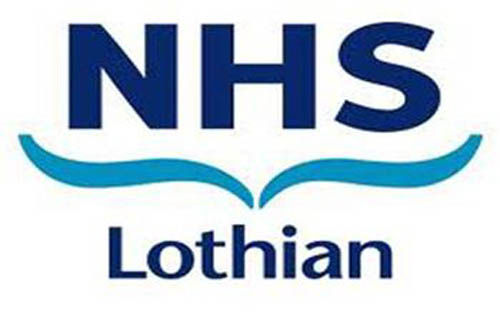THOUSANDS of NHS patients at Scotland’s second largest health board will be treated at private hospitals across the country – in a bid to clear massive waiting lists.
Controversially, NHS Lothian will pass on patients’ medical records and personal details to private hospitals and care providers who will call patients directly.
People on waiting lists also face being moved to the bottom of the pile if they refuse to travel for operations at private facilities in Glasgow, Stirling, Perth, Dundee or the Borders.

Patients awaiting knee and hip replacements and those needing kidney stone removal are among those who will be surgery at private hospitals.
NHS bosses met today to discuss £20m plans put in place to deal with growing waiting list times at the troubled board.
Official figures at the end of May revealed that more than 7,200 inpatients and outpatients in NHS Lothian are waiting longer than they should have to for treatment.
The health board has spent at least £4.8m already this year to tackle the problem.
Health board execs hope the increased use of private hospitals will see waiting list numbers fall.
But union chiefs, patient groups and MPs have raised concerns about the use of private hospitals, branding the plans “totally unacceptable” and a “huge concern”.
Tom Waterson, Unison branch chairman for Lothian, said he had “huge concerns” that patients’ medical records and personal details would be passed on to private care providers.
He added: “The problem has to be fixed, but the money has to be put directly to patient care and should not be used to prop up the private sector. It costs more and has a negative effect on patients.
“These companies are there to make money. The Scottish Government have been quite clear that there is no room for the private sector in the NHS and yet here we are, stuffing their mouths with gold.”
Lothians Labour MSP Sarah Boyak, said she would discuss the proposals with Health Secretary Nicola Sturgeon at a meeting today.
She said: “What’s clear is just how large a gap there is between patients needing treatment and NHS Lothian’s ability to meet the waiting times target. The bulk of the £20m that the board has budgeted to tackle the backlog will be paid to the private sector. That can not be a long-term solution. It’s clear that NHS Lothian needs to recruit more staff and generate more capacity.”
Margaret Watt, chair of the Scotland Patients’ Association, said the proposals were “totally unacceptable”.
She said: “We should be looking after our own. When people are ill they want their relatives and friends around them”
£20m
Of the £20m required in the current financial year to fix waiting list problems, £5.2m is expected to be paid to BMI Ross Hall hospital and more than £1m should go to Nuffield Health hospital, both in Glasgow, to treat patients.
It is predicted that a further £3.4m will be spent at Spire Murrayfield Hospital and just over £1m has been earmarked for the Edinburgh Clinic.
NHS bosses has acknowledged that treating patients at private hospitals will cost significantly more, but argued it has secured a discount on list prices and “further volume discounts”.
Nearly £3m will be spent on increasing capacity for Lothians patients at Golden Jubilee National NHS Hospital in Clydebank, with more than £6.5m has been earmarked for internal improvements to address underlying capacity problems at NHS Lothian’s own facilities.
Andrew Jackson, associate director at NHS Lothian, said a focus on reducing waiting list times was “unremitting”.
He added: “Ideally we would like to treat every patient that’s waiting in NHS hospitals, but with the number we’ve got waiting it’s not going to be possible. We’ve got to think about what we can do to get them seen as soon as possible. If that means using the private sector we will do that.”
NHS Lothian were criticised for taking patients off the waiting list when they refused to attend short-notice appointments in English hospitals.